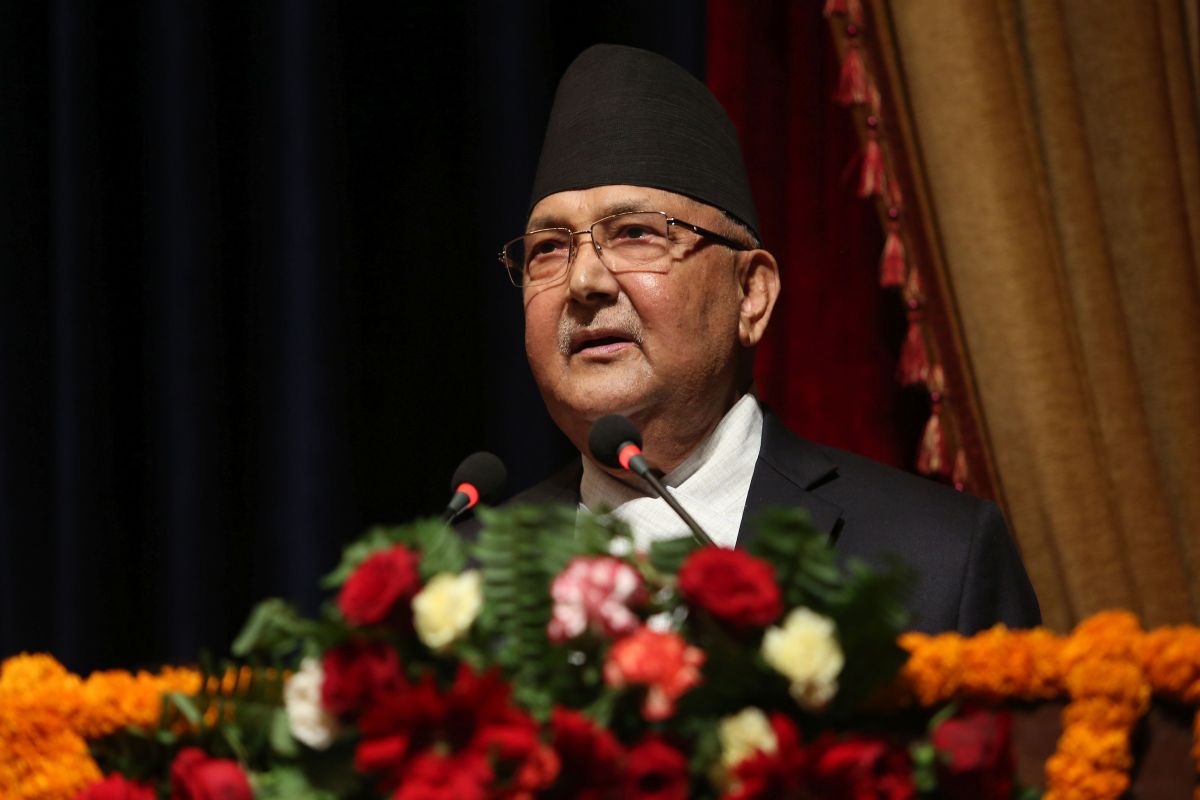With Nepal’s Prime Minister KP Sharma Oli once again having refused to step down from one of the two positions he holds – those of head of government and party chairman – the crisis in the Himalayan country has lengthened. On Sunday, Oli told party co-chair Pushpa Kamal Dahal aka Prachanda that he would not do what he had once committed to, and what was a part of the understanding between the two Communist factions when they came together.
Until a few days ago, a majority in the nine-member party secretariat were in favour of Oli stepping down from one of the positions. But with Oli engineering the defection of the vice-chair and persuading another powerful member to sit on the fence, the balance has shifted. He now has the support of four members of the secretariat, which means he has forced a stalemate on his rivals.
Advertisement
The Prachanda faction for now has the support of a majority in the 44-member Standing Committee and in the 442-member Central committee. But it remains to be seen if Prachanda and his main supporter Madhav Kumar Nepal can hold their flock together for as long as Oli manages to stall matters, something he has accomplished for weeks. When pushed to the wall, Oli had even threatened to split the unified Communist party.
This has left Prachanda scrambling to explain himself to supporters and to convince people in the country that the two Communist groups had come together for a loftier purpose than acquiring power. Oli is reported to have told Prachanda that he will not relent and asked him to do “whatever he can”, as bald a political dare as there can be. Oli’s many stalls during the past week have included claiming that he is preoccupied with the coronavirus crisis, even though his government has been widely criticised for botching up superintendence.
When things seemed desperate, Oli diverted attention with his grandstanding on a new political map, and by ratcheting up tensions with India. He has even hinted that moves to trim his sails are getting encouragement from India. Now, Oli has told people that while he is ready to hand over the party chairmanship, he will do so only after the party’s general convention.
The longer Oli holds on to both positions and the internecine battle continues, the harder it will become for Oli’s detractors to claim they are acting in defence of democratic values, and not because they are hungry for power. This seems integral to Oli’s calculations. The role of China in the whole affair has also been dubious with Beijing’s envoy seeming to operate from behind the scenes to ensure Oli’s grip on power is not weakened. Nepal’s tryst with democracy hobbles along.









